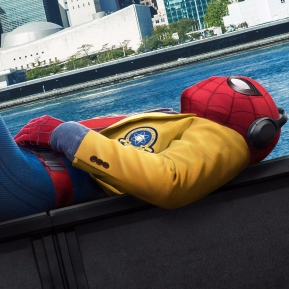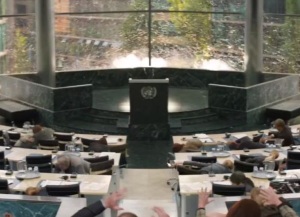Warning: contains spoilers for a lot of movies, mostly notably American Assassin and Captain America: Civil War.
Imagine this. A man has had some hard times, maybe a parent (or both) died when he was young, maybe he grew up in a bad situation, but he has managed to grow up and find love. Then something unfortunate, something violent, happens to the love of his life. Maybe the violent event harmed or killed their child as well. So he vows to get his revenge on what, or who, caused the untimely death(s).
What movie am I describing?
If you answered:
Braveheart, Captain America: Civil War**, Collateral Damage, Confessions*, Death Wish, Django Unchained, Drive Angry, Equilibrium, Faust: Love of the Damned, Gladiator, Godzilla (2014), Hamlet, I Saw the Devil, Inception, John Wick, Kill Bill*, Law Abiding Citizen, Lethal Weapon, Lethal Weapon 2, Looper, Mad Max, Memento, On Her Majesty’s Secret Service, Rambo: First Blood Part II, Rolling Vengeance, Star Trek II: The Wrath of Khan**, Straw Dogs, Taken 3, The Bourne Supremacy, The Brave One*, The Bride Wore Black*, The Crow, The Dark Knight, The Dark Knight Rises, The Fugitive, The Punisher, Unforgiven, X-Men: Apocalypse, X-Men Origins: Wolverine, or, most recently, American Assassin, you would be correct. Continue reading




